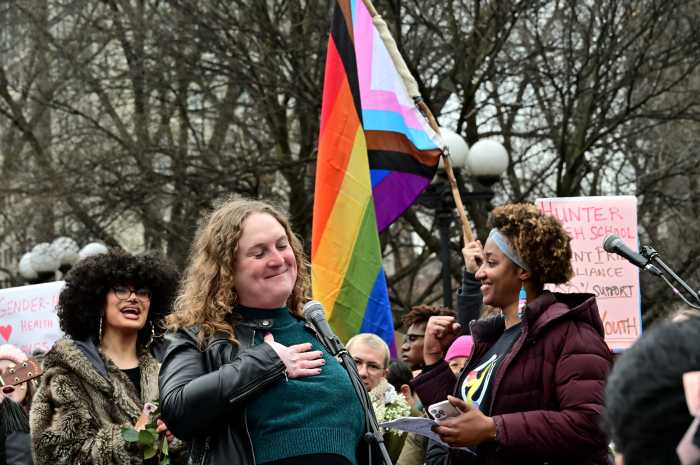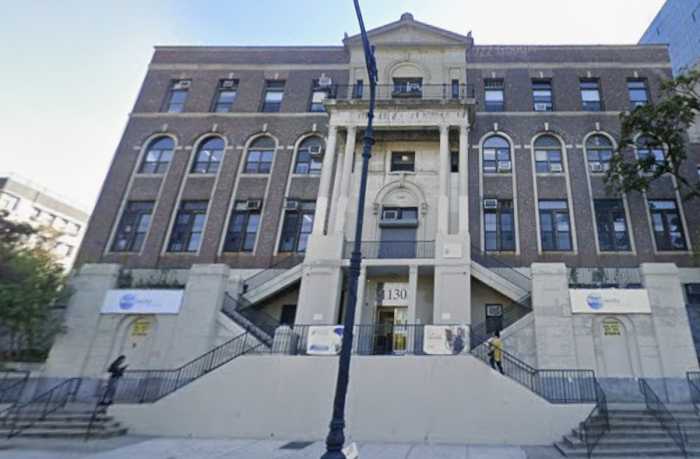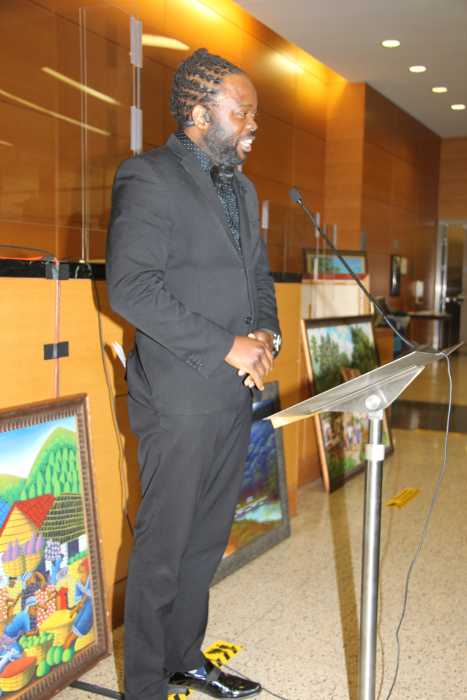Howard Dean pissed me off with his remark that marriage is between a man and a woman. Am I a fool for supporting the Democratic Party? Gay issues literally made Governor Dean. He first became a national figure when he signed Vermont’s civil union law in 2000, and gay money and LGBT activism carried him before his opposition to the Iraq war lifted his profile as a 2004 presidential candidate.
Now, that same man has abolished the gay desk—and others serving additional constituent interest groups—at the Democratic National Committee. He fired Donald Hitchcock, who was in charge of gay out reach, after Hitchcock’s partner, Paul Yandura, himself a leading gay Democratic activist, went public with criticism of Democratic lethargy in standing up to state gay marriage amendments.
Finally, Dean went on Pat Robertson’s “700 Club” and falsely stated that the Democratic Party platform says marriage is between a man and a woman, essentially the evangelical mantra on this issue word for word. Dean’s move looked cowardly and it wasn’t based in fact—the 2004 Democratic platform supported “full inclusion of gay and lesbian families,” leaving the question of gay marriage to the states.
Gay leaders reacted immediately and justifiably so. They worked hard in 2004 to get this language into the platform, only to find the party chairman now moving over to the dark side.
But as my anger cooled I remembered that two years before the next presidential election groups on the right and the left are expressing increasing dissatisfaction with their political parties of choice. The New York Times this week detailed the dissatisfaction of Dr. James C. Dobson, founder of Focus on the Family, who said that Republicans are “just ignoring those that put them in office.” His complaint centered on support among some GOP House members for a hate crimes bill that includes protections for gay people and a measure increasing support for stem cell research. Other right wingers disgustedly suggested that the Republicans wouldn’t be “cured” until they lose Congress.
I am also reminded that Dean often draws fire from other Democrats—the most memorable case being the unfair way in which the famed “scream” during the 2004 primary contests was taken out of context (the background cheers from the crowd on hand never heard) to seal the doom of his presidential bid.
Wary of the rush to condemn Dean, I went to the Christian Broadcast Network’s Web site at http://tinyurl.com/ztqa7 to watch the unedited tape of his “700 Club” comments. Taking questions from David Brody on a range of issues, Dean was charming with his occasionally mischievous smile and offered a message of inclusion and peace. His key point—Democrats and evangelicals have more common ground on moral values than generally believed.
Dean said he was a Democrat because of his values and it was wrong to see the party as godless and secular. He cast his opposition to the war in Iraq in moral terms and also talked about the famine and genocide ravaging Darfur. He noted that the Democratic National Committee had met in New Orleans and performed 700 hours of community service.
Dean did say that a marriage is between a man and a woman, but also argued that “gays should live with dignity and respect” and be accorded equality under law. This was part of a long response to a question about gay marriage and reproductive freedom, and the bulk of his comments were devoted to choice. He noted his five-year service on the board of Planned Parenthood and said that he felt that nobody liked abortion and that contraception and family planning must supplement abstinence in order to curb the number of abortions. He acknowledged that Democrats and the more conservative evangelicals would never agree on everything, but that his party’s approach to abortion would never “criminalize ”people.
Dean handled choice deftly but flubbed the answer on marriage equality. Still, no fair person could believe he is anti-gay. And his outreach to evangelicals is important, even essential work.
This is a difficult task, requiring Democrats to walk a tight rope. Still, put the Republicans’ prosecution of the Iraq war, their stewardship of the economy and gay prices, and their corruption in the forefront and Democrats will win.
In Dean’s comments, he appeared to backpedal on gay rights and—especially in the wake of John Kerry’s 2004 stigma as a flip-flopper—that backfired. Dean and other Democrats need to follow James Carville’s advice in “Take It Back” and study how Vice President Dick Cheney answered the marriage question in 2000.
“The fact of the matter is we live in a free society, and freedom means freedom for everybody,” Cheney said in a debate with Democrat Joe Lieberman. “We shouldn’t be able to choose and say you get to live free and you don’t. That means people should be free to enter into any kind of relationship they want to enter into.” The future vice president rule out gay marriage, but added, “I think we ought to do everything we can to tolerate and accommodate whatever kind of relationships people want to enter into.”
That position is not enough for the gay community in 2006, but when Democrats not yet ready to take the marriage plunge talk about the issue, they would do well to remember Cheney’s finesse.
gaycitynews.com


































